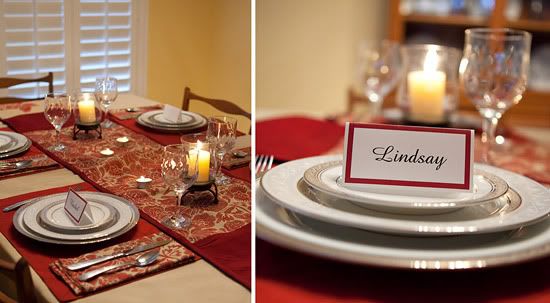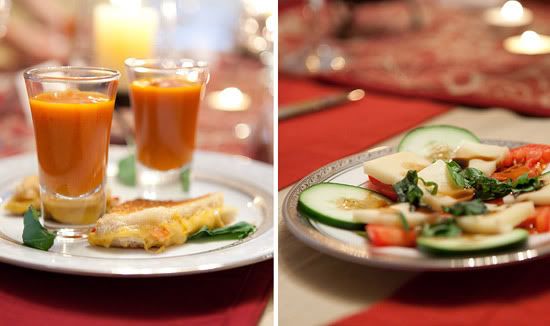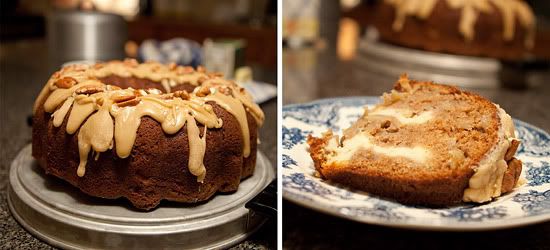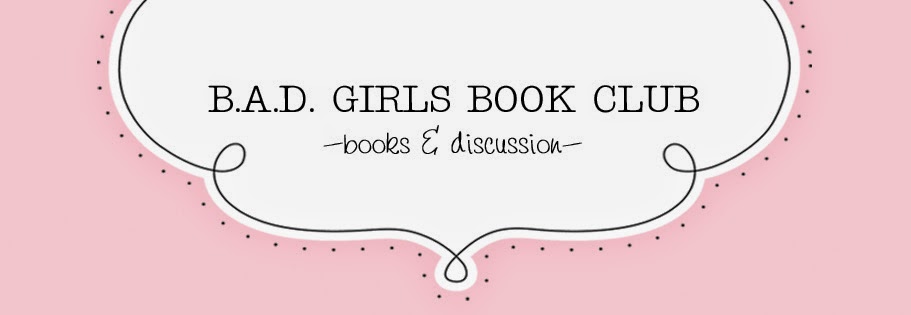Author: Rebecca Skloot
One-sentence summary: A black woman, who dies from aggressive ovarian cancer in 1951, unknowingly “donates” her cancer cells, propelling the scientific world into unbelievable discoveries and research around the world.
B.A.D. Girls Book Rating: 7 (unanimous rating)
Our favorite thing about it: The whole story was incredibly interesting from the scientific implications to the ethical ones.
Our least favorite thing about it: We sort of didn’t like that it jumped around in time. We wondered if a more chronological timeline would have served the book better.
Main Topics of Discussion: Medical/Scientific Ethics, Family, Spiritualism/Mysticism, Civil Rights/Race Issues, Cancer, Death, Loss, Family History
Our favorite quote: “Maybe her cells have done good for some people, but I woulda rather had my mother.”
Notes: This book begins by giving some background on Henrietta’s life and then some details of her excruciating death. It was hard for all of us to read about how much pain she was in, how little they could do for her, and how (because of what they did and didn’t tell patients) she was not really able to say goodbye to her family. She died at 31 and left behind 4 children.
That story, in and of itself, is tragic and an interesting commentary on the treatment of cancer in the 1950s. It also spoke to the treatment of patients during that time…what they were told, what was withheld for their “protection,” as well as the difference between white and black patients.
The main portion of the book chronicles the research and discovery that the author went through in order to write the book, which is kind of unique. It was interesting to read about how difficult it was for her to get any of the family to talk to her and their different opinions about their mother’s cells. Family relations, grief, and healing took up a good portion of our discussion as we sympathized with Henrietta’s family. They had to deal with not only her death at a very young age with young children, but also the tragic fall-out that resulted in a family without a mother. And then the discovery that her cells were harvested and replicated many times over for scientific purposes without her or their knowledge.
The rest of our discussion centered on the ethical implications of this book. And there were many of them. Not only whether a patient should have to give consent for any of their tissues to be used for research, but also the inhumane practices and tests done on the patients at the asylums at that time. At the core of the discussions is the tension between monetary gain, scientific gain (with the purpose of saving lives), and valuing humans as individuals with respect to their own bodies. All of these things made this story of one woman a much larger discussion.
Overall, we enjoyed the book and the thought-provoking and eye-opening issues within. We gained historical as well as scientific knowledge by reading this book, which we all appreciate.
Memorable Meeting Moments: We got to hold sweet babies while we ate and planned a special meeting for next month. Chris made dinner for us, and Dara made dessert!
What We Ate: Pimiento Grilled Cheese Sandwiches with Tomato Basil Soup, Tomato, Basil and Mozzarella Salad with Balsamic Reduction, Pork, Rice and Asparagus, and Apple Cream Cheese Bundt Cake







No comments:
Post a Comment